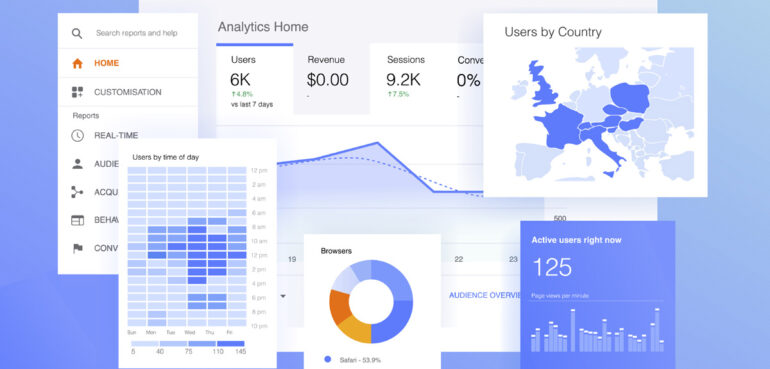Recently, while collaborating with an AdWords client, an intriguing discovery surfaced during our campaign analysis.
Despite our specific targeting set to focus exclusively on local audiences within the USA, an unexpectedly high volume of clicks was observed originating from various random countries across the globe.
This peculiar influx of clicks from non-targeted regions prompted us to delve deeper into our campaign's performance metrics and unearthed the need for stringent measures to filter out this unrelated traffic.
One of the strategies that emerged prominently was the consideration of blocking IP addresses to effectively manage and optimize our ad campaigns.
Google Ads, the strategic blocking of IP addresses presents a multifaceted solution to several pivotal challenges encountered in online advertising campaigns.
The primary reason for considering IP blocking revolves around the imperative issue of click fraud prevention. Unscrupulous competitors or malicious individuals occasionally engage in repetitive clicking on ads, resulting in budget depletion and undermining campaign efficacy.
By proactively blocking their IP addresses, this menace is curtailed, significantly reducing the risk of click fraud and maintaining the stability of your campaign's performance.
The exclusion of irrelevant traffic through IP blocking emerges as another critical facet in campaign optimization. Identification and restriction of certain IPs consistently generating non-converting or unrelated traffic substantially enhance the efficiency and cost-effectiveness of advertising initiatives.
For instance, if your campaign targets specific localities or demographics within a country, blocking IPs from regions where your services or products aren't available can notably conserve your ad spend, redirecting resources toward more viable prospects.
IP blocking can play a pivotal role in the meticulous optimization of ad budgets. By meticulously discerning and blocking IPs exhibiting historical disengagement or an absence of conversion, your campaign's resources can be strategically directed toward audiences demonstrating higher propensity for engagement and conversion.
This tactical reallocation optimizes budget expenditure, ultimately enhancing the campaign's return on investment (ROI).
The granular precision offered by IP blocking facilitates enhanced targeting capabilities. For advertisers running highly focused campaigns intended for specific demographics or regional markets, the ability to exclude IPs falling outside these target parameters ensures that ad impressions are solely delivered to the intended audience.
This level of targeted precision not only enhances campaign relevance but also augments the likelihood of resonating with the right audience segments, thereby bolstering overall campaign performance. Safeguarding against the impact of bots and web crawlers is another vital facet addressed by IP blocking.
These automated tools, if unchecked, can devour advertising budgets without providing any genuine interaction or value. By systematically blocking their IP addresses, the adverse impact of these entities on ad performance is significantly mitigated, preserving the integrity of the campaign and ensuring that resources are allocated effectively to engage real human users.
A prudent approach is essential when implementing IP blocking strategies due to the dynamic nature of IP addresses, especially among users accessing the internet via mobile networks. Overzealous blocking may inadvertently exclude potential genuine customers or disrupt the accuracy of campaign analysis.
Google Ads, recognizing the complexities and potential pitfalls of IP blocking, offers a suite of alternative targeting and exclusion tools. Features such as audience targeting, geographic targeting, and negative keywords often prove to be more nuanced and less intrusive methods for refining ad targeting strategies.
Leveraging these features in tandem with regular performance monitoring affords advertisers the opportunity to optimize and refine their campaigns without necessitating extensive IP blocking in most scenarios.
Google Adwords and Blocking Spammy IP Addresses That Shouldn't Be Clicking on Your Ads








